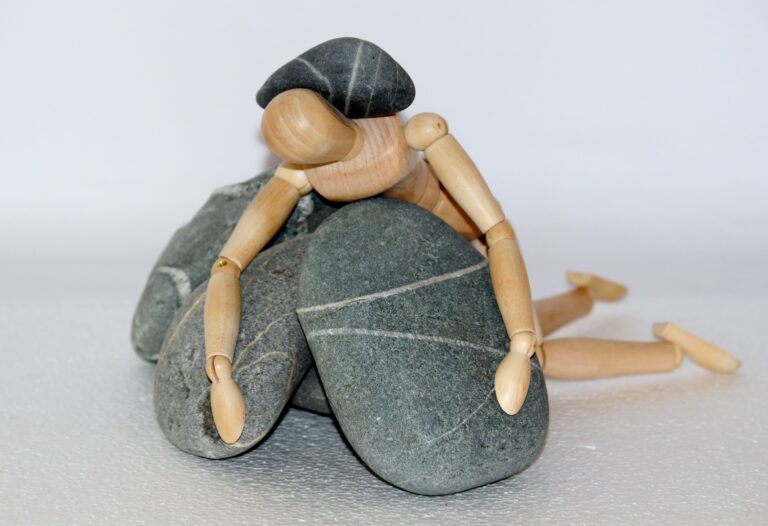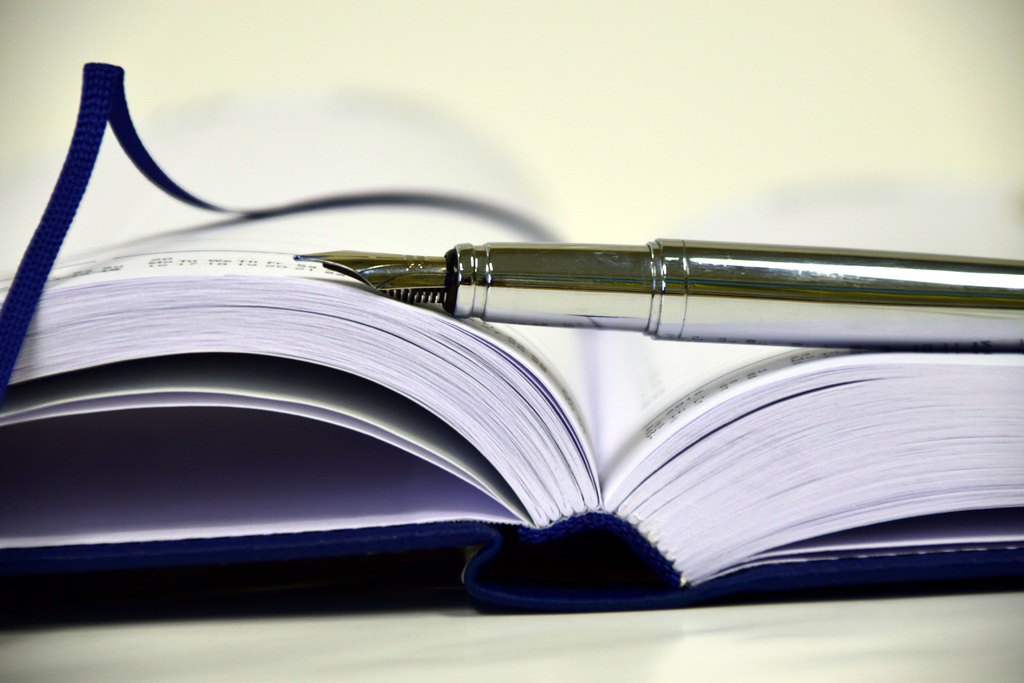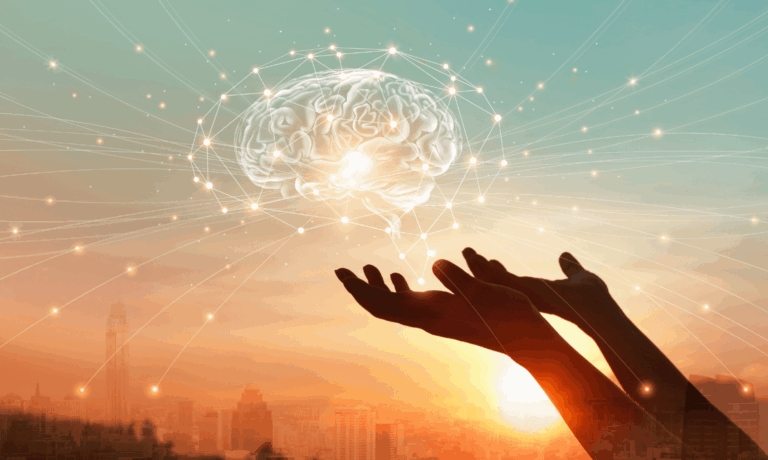From Guilt and Shame to Wondera path of transformation

Guilt and shame are among the heaviest emotions we carry, yet they are not enemies. Neuroscience shows they act like internal alarms, urging us to pause, reflect, and restore what has been harmed. Left unchecked, they can imprison us in cycles of self-condemnation. But when we meet them with honesty, wonder, and kindness, they can become powerful beginnings. Through quiet reflection, self-forgiveness, and whenever possible, acts of restoration, guilt and shame can guide us toward growth, deeper connection, and transformation.







